.jpg?w=1200)
Earlier this month, the government announced that a programme will be initiated this year, to provide estate workers in the Nuwara Eliya district without birth certificates with the necessary documents. The Registrar General’s Department has been asked to conduct a survey in the district to gauge how many of those in the estate communities are without birth certificates — data it currently does not have.
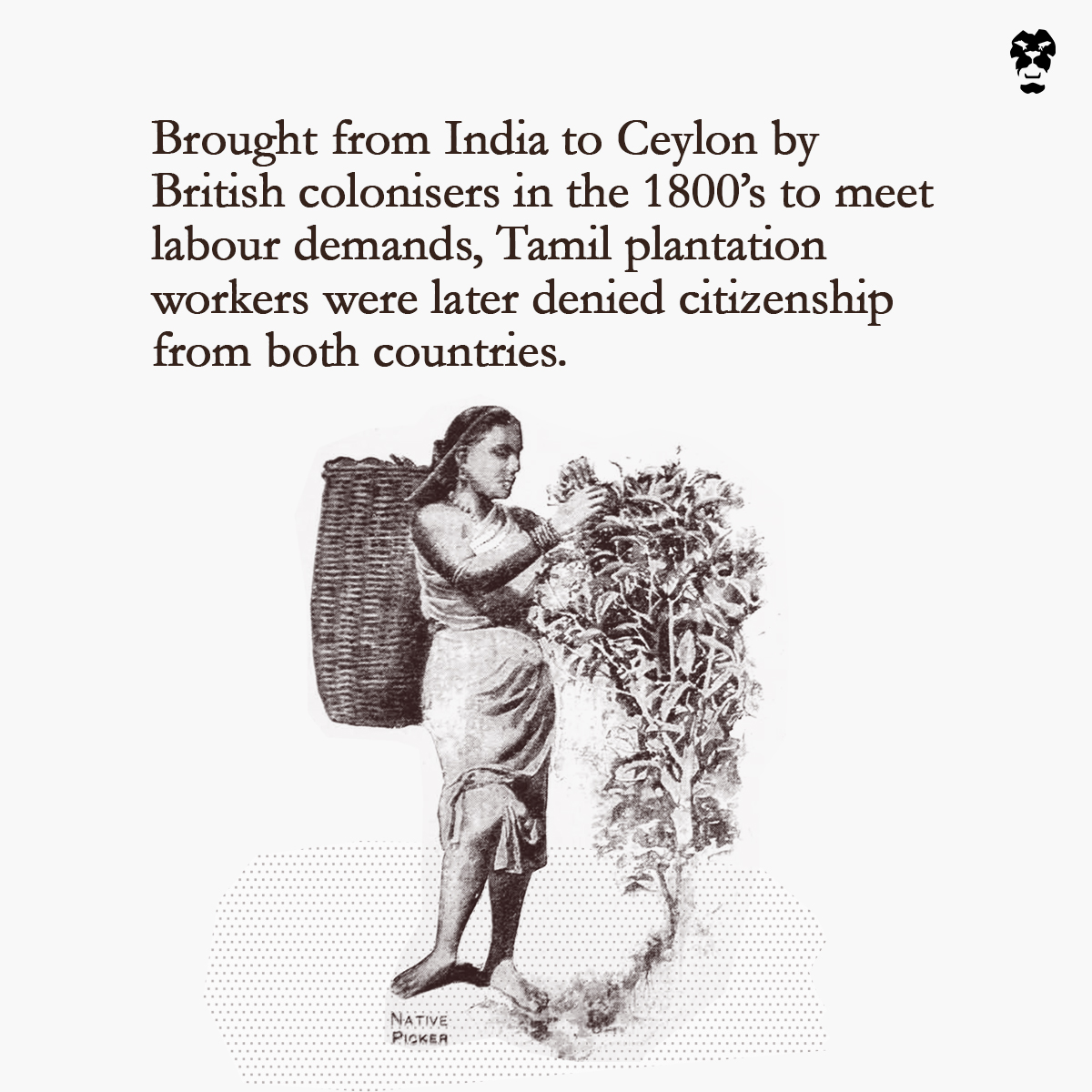
Birth certificates are essential documents, the lack of which pose barriers to education, employment, and the full benefits of citizenship. Citizenship itself is a fairly novel concept for estate workers, many of whom endured the inhumanities of statelessness for generations.
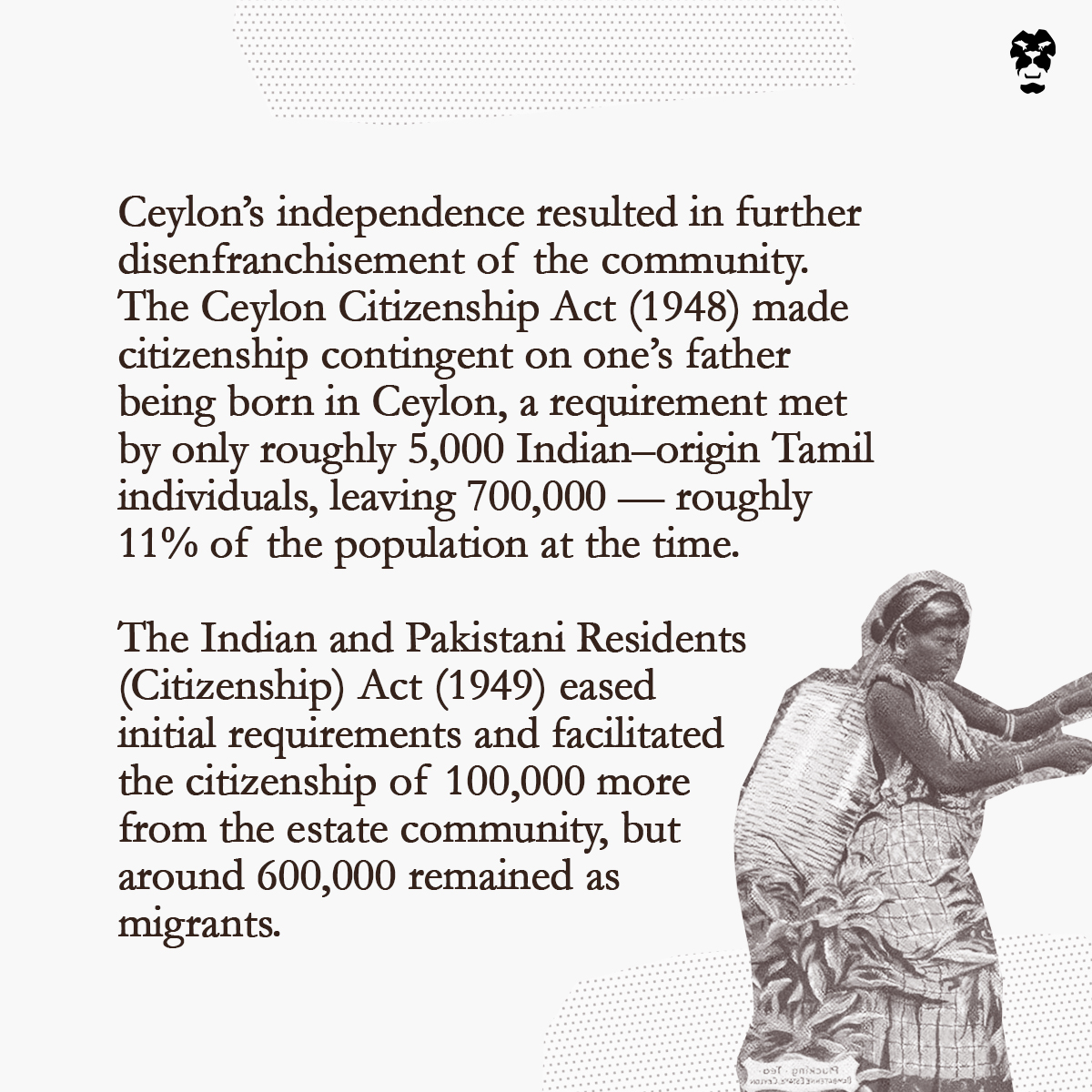
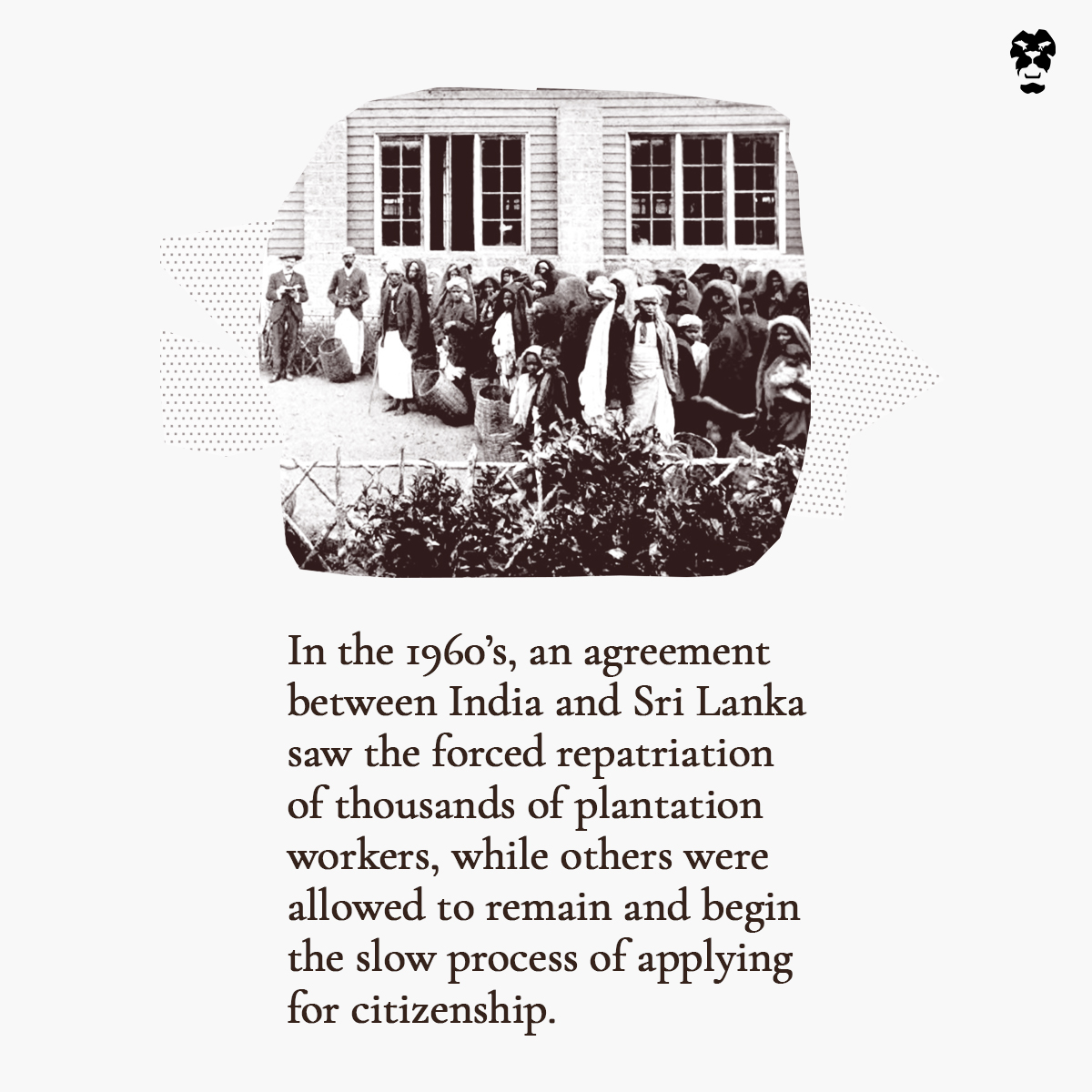
“The importance of birth certificates is that it is a required document to obtain a National Identity Card (NIC), which is the passport for movement, socioeconomic and political security, and identity in Sri Lanka,” said Father Andrew Devadason, who has worked closely with plantation communities. “A person without an NIC is like a stateless person in his own country.”
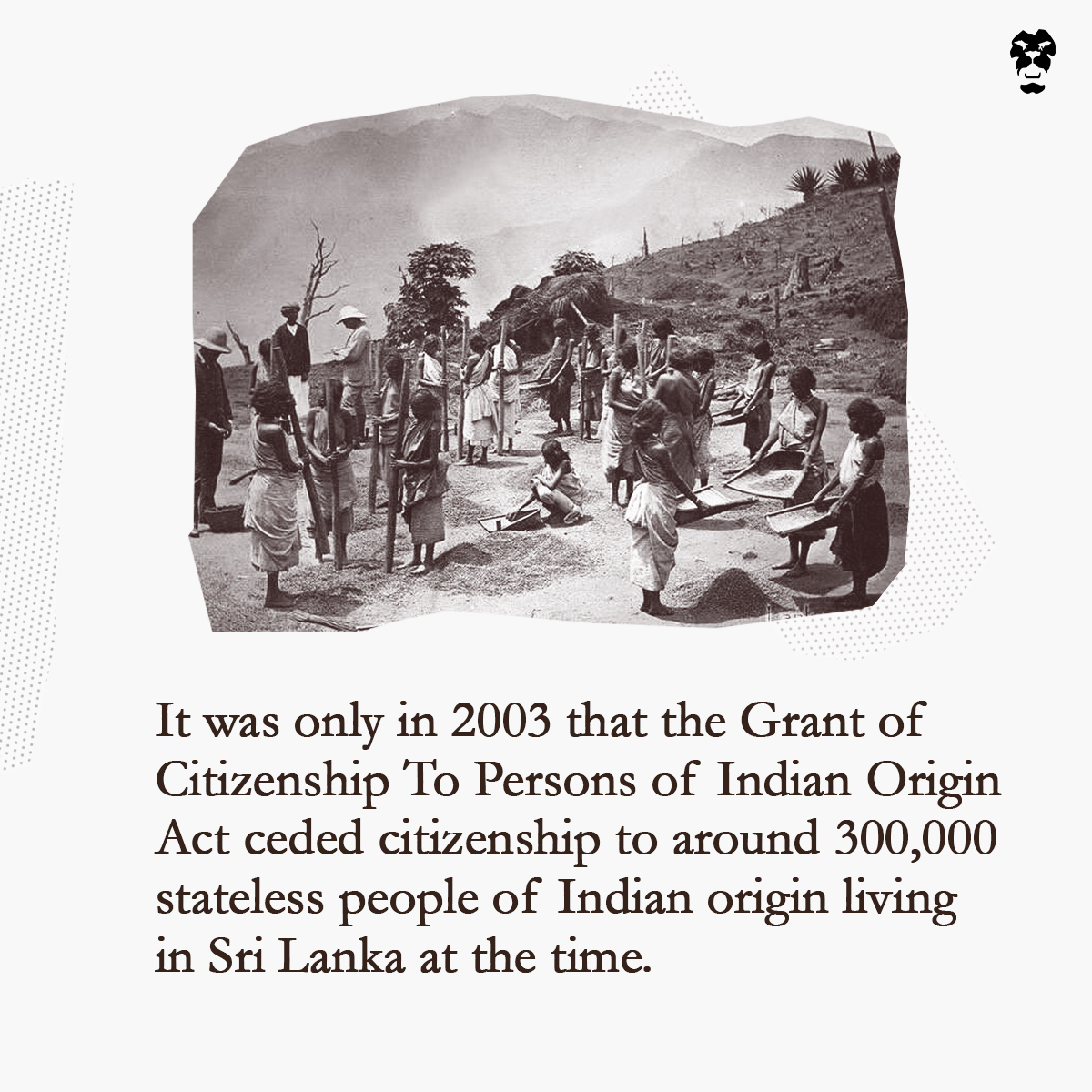
In a citizenship struggle that has spanned nearly two centuries, will birth certificates be the final stepping stone for estate communities? Or has the rot brought about by disenfranchisement and years of statelessness set in further, allowing for more deep-rooted exploitation?
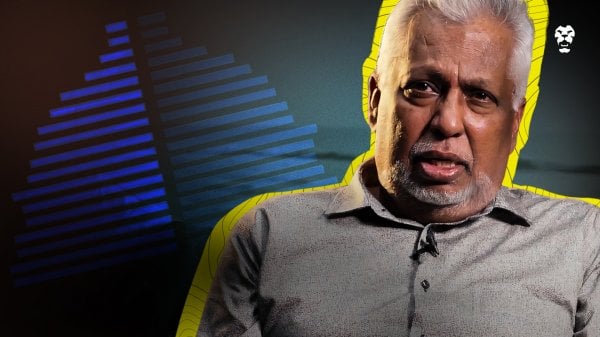


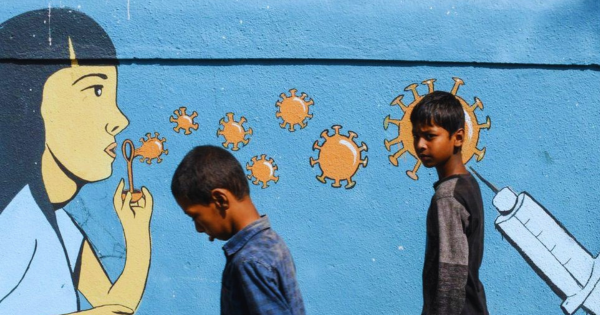
.jpg?w=600)

.png?w=600)
